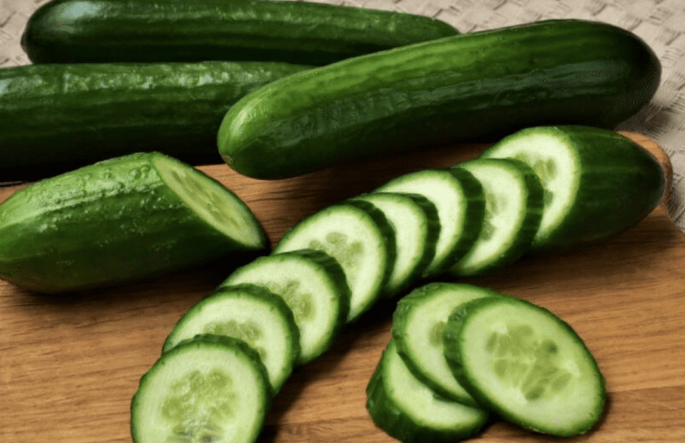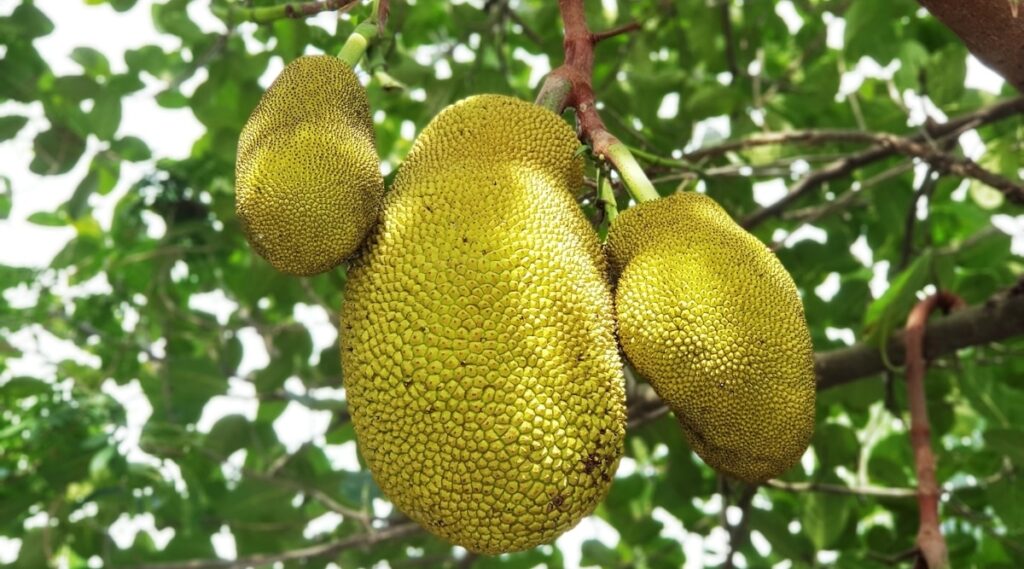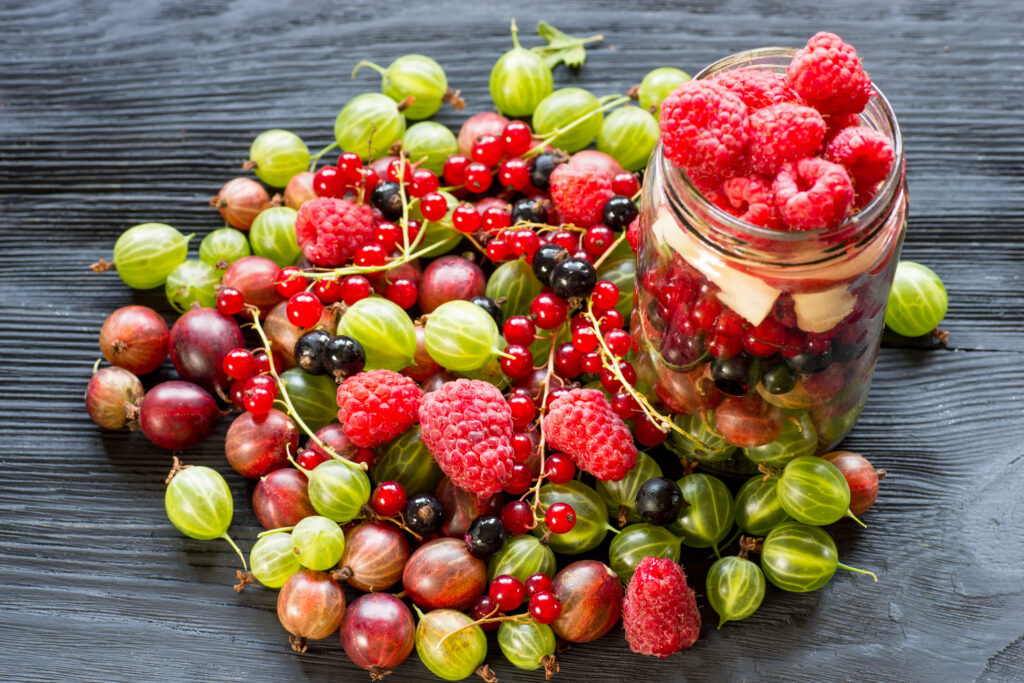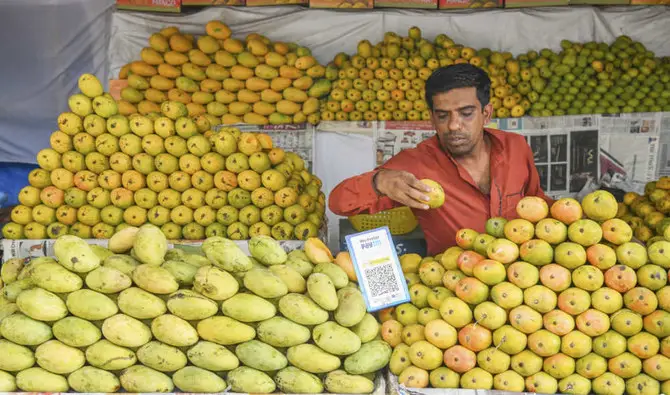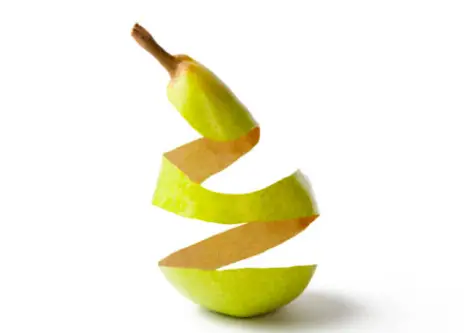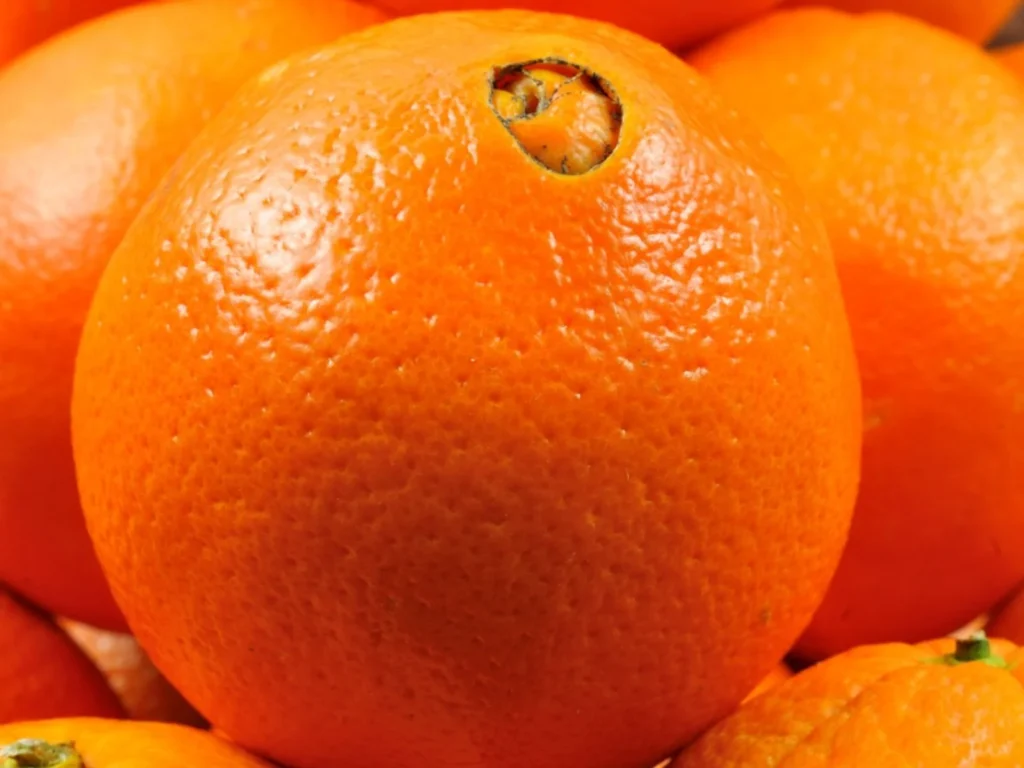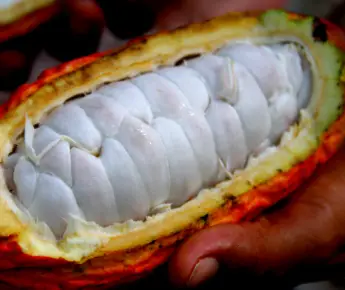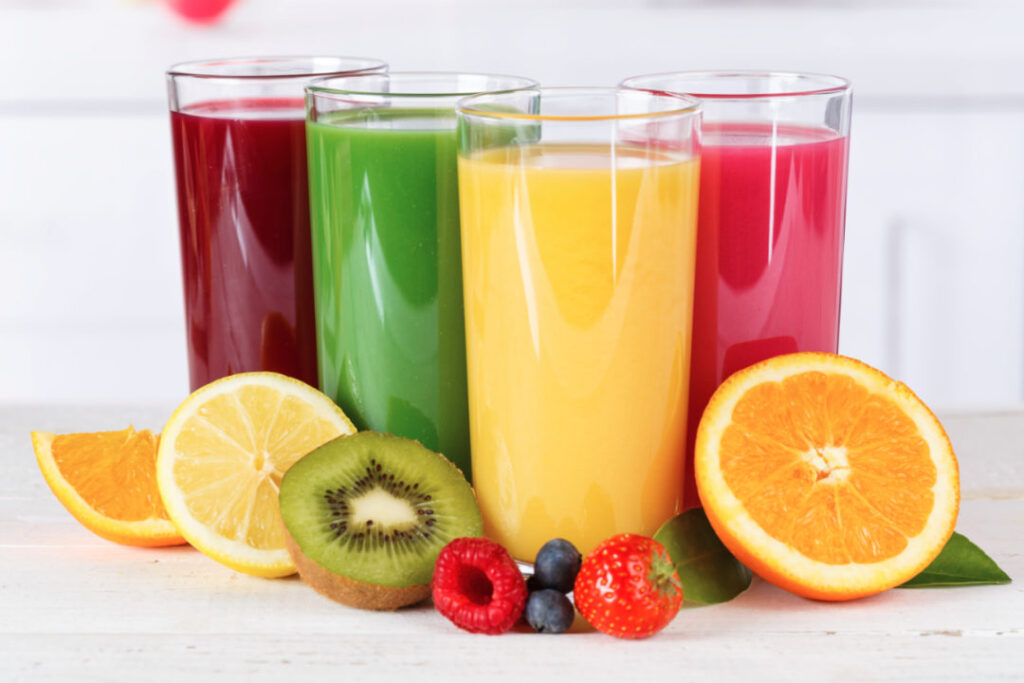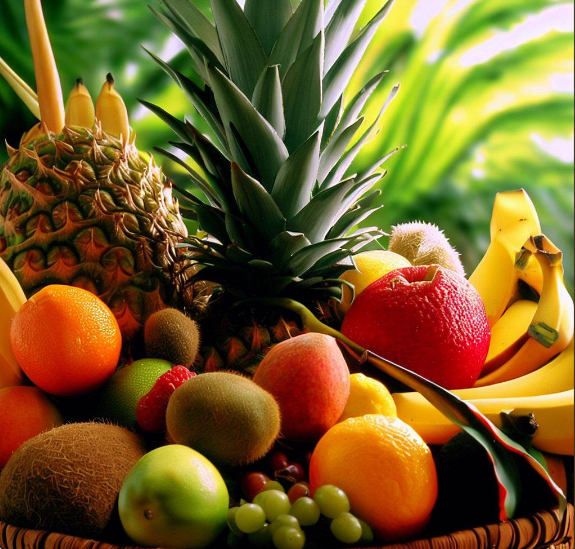When we think about protein, foods like meat, eggs, and cheese might come to mind. But plants also give us protein, and fruits are part of this too! Fruits aren’t just tasty and good for you, they provide important amino acids, too. These amino acids are what make up proteins. We’re going to look into whether fruits have protein and share a list of the 12 fruits with the most protein.
Table of Contents
- Understanding Protein
- Do Fruits Have Protein?
- Top 12 Fruits Highest in Protein
- 1. Avocado – Packed with Protein and Good Fats
- 2. Guava – Sweet and Protein-Rich
- 3. Kiwi – A Small Fruit with Big Nutrients
- 4. Blackberries – Sweet, Low-Calorie Protein
- 5. Apricots – A Stone Fruit with Protein Benefits
- 6. Peaches – Delicious and Nutritious
- 7. Passion Fruit – Full of Protein and Tropical Flavor
- 8. Prunes – High in Protein and Great for Digestion
- 9. Jackfruit – A Veggie-Friendly Protein Boost
- 10. Dates – A Sweet Snack with Protein
- 11. Figs – A Fruit Full of Nutrients and Protein
- 12. Pomegranate – A Superfruit with Protein
- The Benefits of Eating Fruits with Protein
- Conclusion
- FAQs
- Can you get enough protein from fruits alone?
- How much protein do you need per day?
- Are there any fruits that are high in both protein and carbohydrates?
- Can you eat too much fruit?
- Are proteinous fruits a good choice for athletes?
Understanding Protein
Protein is a major part of our diet that helps our body to grow and fix itself. It’s really important for keeping muscles, bones, and organs in good shape.
Amino acids are the pieces that fit together to make proteins. There are 20 different kinds, and while our bodies make some, we have to eat food to get others.
Do Fruits Have Protein?
Yes, fruits do have protein. Even though different fruits might have more or less protein, they can all help you get some of the protein you need. This is especially good news for people who eat mostly plant-based foods.
Top 12 Fruits Highest in Protein
Let’s see which fruits have the most protein and what else they offer to make your diet better:
1. Avocado – Packed with Protein and Good Fats
An avocado is not like other fruits. It has a lot of healthy fats and is full of nutrients, including about 4 grams of protein in one medium-sized avocado. Avocados have loads of fiber, vitamins, and minerals, making them a superfood.
By eating avocados, you could cut down on heart disease, have a better digestive system, and keep your skin healthy. Plus, the protein in avocados helps your muscles grow and get fixed after being damaged.
2. Guava – Sweet and Protein-Rich
Guava is a tropical fruit with about 4 grams of protein per cup. It’s a great choice if you’re trying to eat more protein.
This fruit is full of antioxidants, fiber, vitamins, and minerals. Eating guava could help your digestion, boost your immune system, and lower your risk of diseases like cancer.
3. Kiwi – A Small Fruit with Big Nutrients
Even though kiwi is a small fruit, it’s bursting with good stuff, including protein. You can get about 1 gram of protein from one kiwi. Adding kiwi to your menu is great for helping your immune system, keeping your bones strong, and helping your digestive system.
Kiwi also has a lot of vitamin C, vitamin K, and fiber. These nutrients can help you stay healthy in many ways.
4. Blackberries – Sweet, Low-Calorie Protein
Blackberries are juicy berries that aren’t heavy in calories but have plenty of protein and other nutrients. One cup of blackberries has around 2 grams of protein. They’re full of antioxidants, fiber, and vitamins, which are good for lowering swelling inside your body, helping you digest food better, and keeping your skin looking nice.
5. Apricots – A Stone Fruit with Protein Benefits
Apricots are a kind of fruit with a stone inside and they come with about 2 grams of protein per cup. They’re also packed with vitamin A, vitamin C, and fiber. These help you have healthy skin, a strong immune system, and a smooth-running digestive system.
6. Peaches – Delicious and Nutritious
Peaches, which are similar to apricots, have around 1 gram of protein per cup and they’re also full of good vitamins and fiber. They can help boost your immune system, give you nice skin, and help with digestion.
7. Passion Fruit – Full of Protein and Tropical Flavor
Passion fruit is a tropical treat with about 5 grams of protein in a single cup. Not only is it full of protein, but it also has a lot of vitamin C, fiber, and antioxidants. Passion fruit can help with inflammation, digestion, and keeping your skin healthy.
8. Prunes – High in Protein and Great for Digestion
Prunes are dried plums that are dense with nutrients and protein; you can get about 2 grams of protein per cup. They’re full of fiber, vitamin K, and are antioxidant-rich, which benefits the digestive system, bone health, and may help prevent long-term diseases like heart disease and cancer.
9. Jackfruit – A Veggie-Friendly Protein Boost
Jackfruit is a huge tropical fruit that’s becoming a well-known plant-based protein source. You can get approximately 3 grams of protein from a cup of jackfruit.
This fruit is also a good source of fiber, vitamins, and minerals like vitamin C, potassium, and magnesium that may enhance digestion, heart health, and help your skin glow.
10. Dates – A Sweet Snack with Protein
Dates are sweet fruits that give you protein too. Just keep adding more of these fruits to your diet to enjoy their benefits and get that extra protein you might be looking for!
Dates are a fruit that are full of protein and other important things your body needs. If you eat one cup of dates, you get about 4 grams of protein. This makes dates really good for people who want to eat more protein.
Not only are dates high in protein, but they also have lots of fiber, things that fight off disease, and vitamins like B6 and potassium. Eating dates can help make food move through your body easier, bring down swelling, and make your bones strong.
11. Figs – A Fruit Full of Nutrients and Protein
Like dates, figs are a type of fruit that’s packed with protein. One cup of figs also has about 4 grams of protein. For those looking to up their protein, figs are another excellent option.
Figs have a lot of fiber and good things like antioxidants and vitamins, including vitamin K and potassium which are great for your digestion, reducing swelling, and keeping bones healthy.
12. Pomegranate – A Superfruit with Protein
Pomegranate is a special kind of fruit known as a superfruit because it’s loaded with protein and other nutrients your body needs. One cup of pomegranate seeds has about 3 grams of protein, which is awesome for people trying to add more protein to their meals.
Pomegranate is also full of things that fight diseases, fiber, and vitamins like vitamin C and K. If you eat pomegranate, it can help you stay healthy by making your immune system stronger, lowering swelling, and keeping your bones in good shape.
The Benefits of Eating Fruits with Protein
Adding fruits with protein to what you eat can help your health in many ways. Protein is really important because it helps fix and build stuff in your body, so you have to make sure you’re getting enough.
Beyond protein, fruits come filled with lots of other nutrients like vitamins, minerals, and antioxidants. These can boost your body’s defenses against getting sick, take down swelling, and lessen the chance of diseases that stick around a long time.
Also, for people who don’t eat meat or other animal products, it’s important to eat different kinds of protein. By eating fruits with protein, you get to try various kinds of protein and get all the good stuff your body needs from your meals.
Conclusion
Fruits are a nice way to get protein, especially if you don’t eat meat. Even though they don’t have as much protein as meat, fruits with protein can still help you stay healthy in many different ways.

